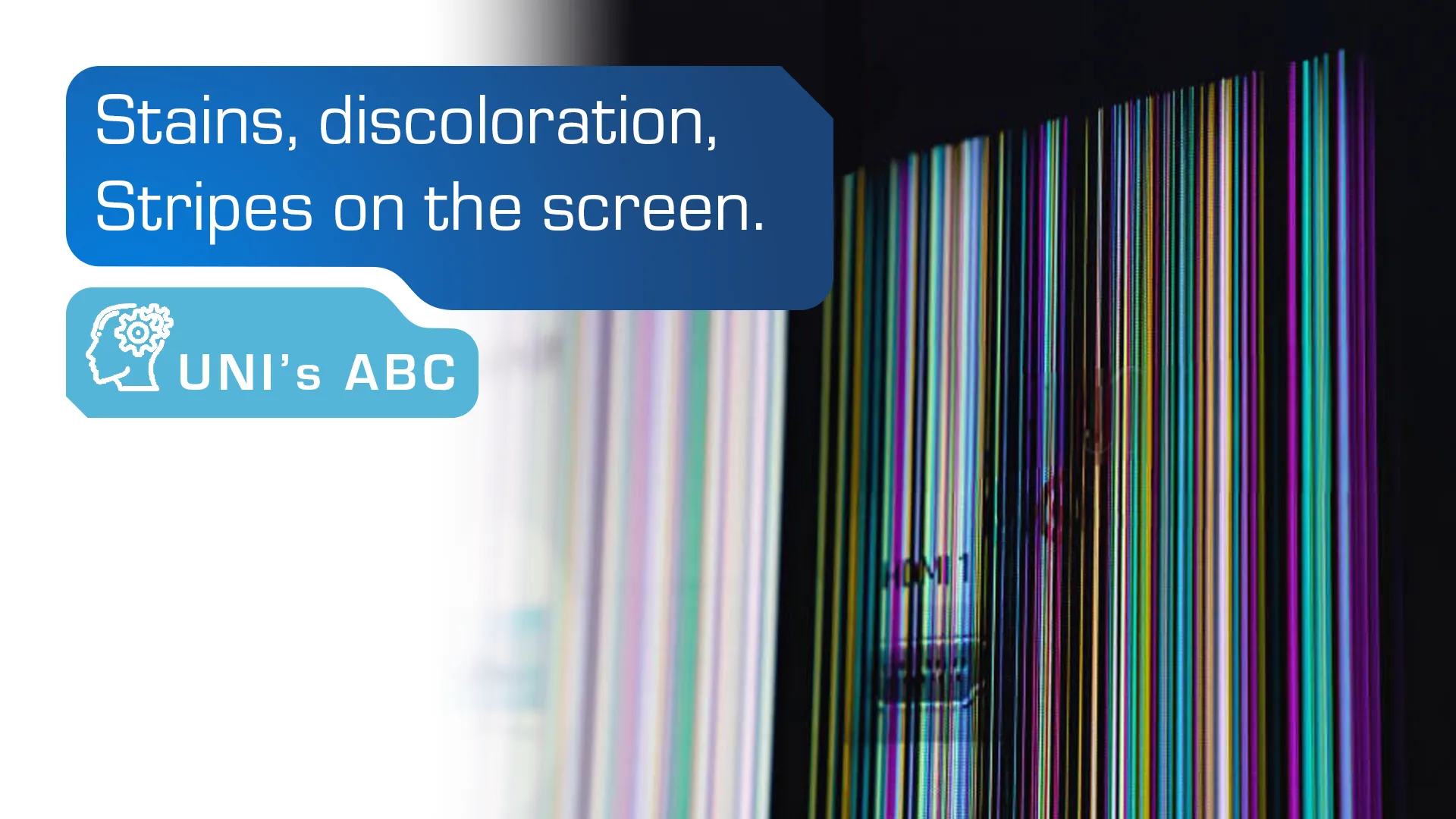
We have always strived and still strive to be an important player on the market, so that is why we can not look to one’s laurels – we continually improving Unisystem. Recently, due to the increasing number of orders, we have remade our cleanroom. Moreover, we also extend our offer by adding new services like, e.g., designing and producing non-standard solutions on customer’s demand.
Table of Contents
The first device, which has been bottom-up created in Unisystem, is HMI intended to install in the wall. This is a central unit within the building automation infrastructure created to manage various intelligent building features – e.g., maintaining blinds or shades, controlling heating or lightning, opening and closing gates, etc. It can also be applied in residential complexes as a communication system between the occupants. In such cases, it can be used to organize, e.g., homeowner association’s meetings (and confirm participation in these appointments).
The perfect timing
We sourced this project when Unisystem’s team was growing up by hiring people with competencies to design and produce customized devices. It is worth noticing that on the market, there are available off-the-shelf HMIs. However, they may not be sufficient for specific applications due to the lack of additional modules like, e.g., telephone. We wanted to create a solution that would be fully tailored to customers’ requirements, and as a result, also users’ needs.
In the beginning, we perused the documentation of the device provided by the client. We noticed a few areas that would improve the device’s functioning, which required the replacement of individual components, also the crucial ones like, e.g., processor or memory. We also proposed the change of wiring disposal inside the device, which would optimize the unit cooling system. All electronics modifications prompt to redesign of the device’s enclosure. In this area, we also implemented a few improvements by, e.g., providing direct access to the elements set inside the device’s enclosure like a hard drive.
Based on the revised project accepted by the client, we assembled the device’s prototype. It has been conveyed to the client for the tests of, e.g., its compatibility with sensors and switches of the devices controlled within the system. It turned out that other competing manufacturers’ devices have not been as good as Unisystem’s prototype. It required only one minor adjustment, which was the speaker exchange, to provide appropriate audio distribution. (On a side note, it is worth noticing that we also designed an adjusted speaker enclosure made on 3D printers.) The next step was scheduling serial production.
The importance of relationship building
The sourcing of such orders is conditioned by a congenial cooperation climate between the client and supplier – they need to trust each other. One of the common ways employed in manufacturing industries for contractors verification is auditors’ visitations. Their purpose is to verify the production processes: are they consistent with the contractor’s declarations? We willingly make auditors welcome in our company’s residence, although it is a bit thrilling for every manufacturer, also for us. We know that our presentation is crucial to begin or continue the cooperation (and build up each other trust). However, even the best impression will not profit in passing the final test: the client’s satisfaction with supplied products that prove the actual quality of perceived services. We do our best to provide the best manufacturing conditions by combining the crucial module’s components in the cleanroom. It is used, e.g., to integrate displays with touch panels and protective glass. These operations have to be conducted in the proper environment: if there are any contaminations between some “layer” of the module, the final device might not function properly. Currently, we have at our’s disposal a cleanroom fulfilling the requirements of ISO class 6.
We always emphasize that behind each implemented project stand particular people, qualified specialists, which represent Unisystem. Our Management Board supports the improvement of employees’ proficiencies in different fields. All in all, they are not only building brand awareness but also setting technological trends.
The throw-back to Europe
This order is fulfilled for a client operating in Switzerland that used to outsource its production in China. However, because of lousy logistics, especially handling complaints, the client decided to relocate the production back to the local supplier, based in Europe. Moreover, the cooperation dynamics with the project team staying in China left much to be desired. No doubt that making any adjustments is more efficient while people engaged in the project are “in place”, in the same time zone. The almost unlimited ability to move around Europe, let to organize ad hoc meetings in the place of manufacture, too. The Far Eastern suppliers are operating globally, so the modules you ordered are one of the thousands of devices assembling on the production line. Such policy does not support a pro-client attitude – you are one of the umpteen clients in the system, in which there is usually no space for individual touch for trading partners.
Interestingly, it is not the first company we cooperate with that got back to produce in Europe. Is it a trend that will continue? – well, we are not able to incontestably predict it. However, we can assume that the coronavirus pandemic may also prompt other local entities to cluster various areas of their activity together in Europe.
2020-11-09
Recent Knowledge

Internet of things, what it is and examples of industrial applications
The Internet of Things (IoT) is one of the most promising and rapidly developing technologies of recent years. Its application in business brings great opportunities to optimize processes, reduce costs […]

Stains, discoloration, stripes on the screen – how to identify and repair defects in industrial displays?
The dark spot on the iPhone screen, the black spot on the TV, the colored spots on the phone screen, the yellow spot on the display … Problems with screens […]

Basic electronic components in industry – a guide for beginners
Electronics has played an extremely important role in all branches of modern industry for many years. It allows automation of production processes, precise control of machines and equipment, collection and […]

Optoelectronics – basic information and example applications
Optoelectronics is the branch of electronics that deals with the conversion of electricity into light and light into electricity using semiconductor materials called semiconductors. Semiconductors are crystalline solid materials with […]



